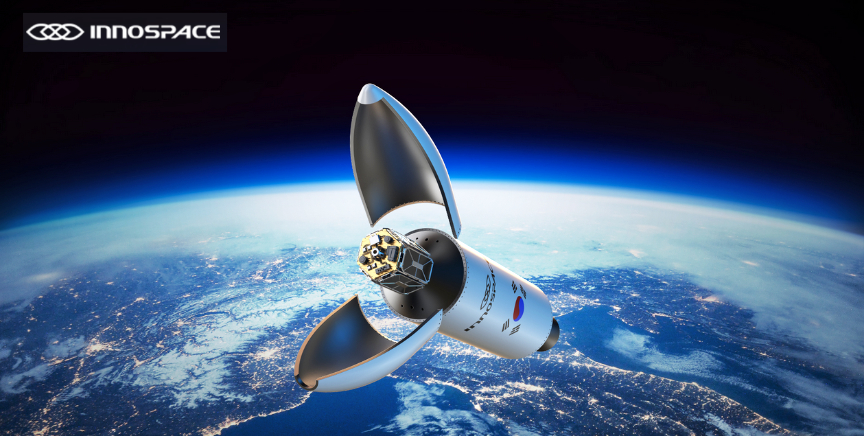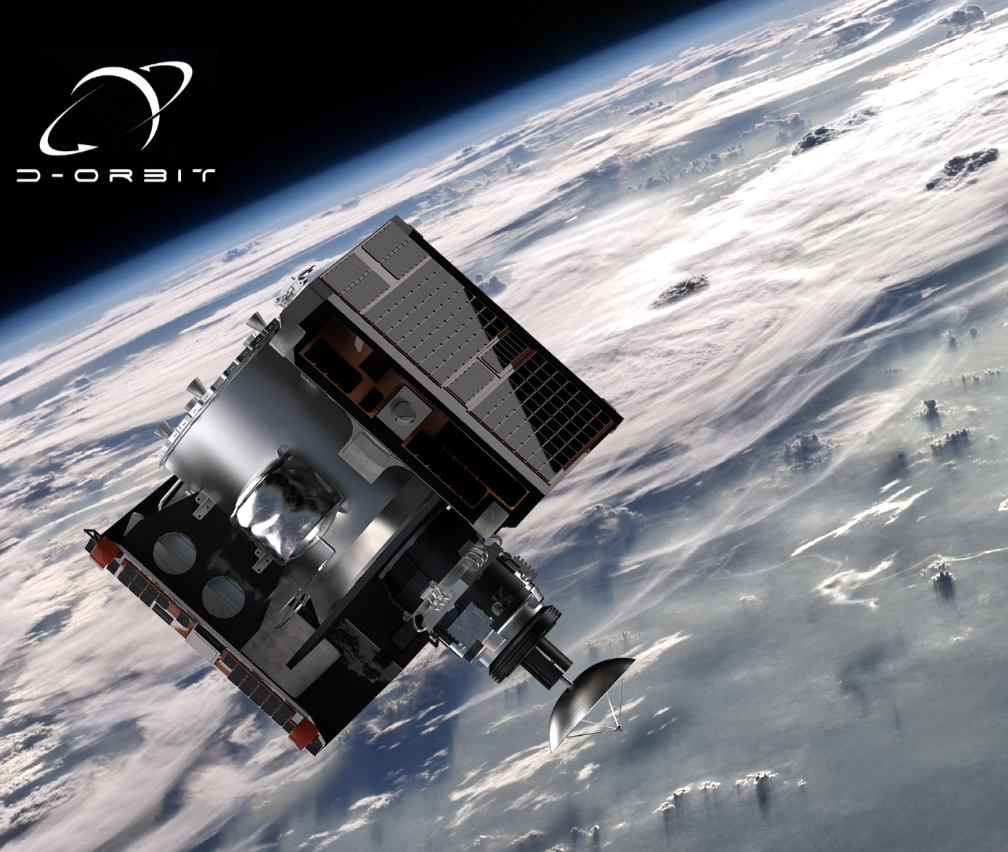
Apogeo Space has announced the agreement with INNOSPACE to acquire multi-unit launches, starting in the second half of 2025.

The agreement consists of the management, over the period 2025-2027, of three LEO launches and releases of Apogeo Space’s picosatellites that will populate Italy’s first private constellation dedicated to IoT. The deal between Apogeo Space and INNOSPACE marks an important step toward the Italian future of a global connectivity service, enabling consistent and reliable coverage for IoT worldwide.
Thanks to this agreement, which is in addition to the one with Italy’s D-Orbit, Apogeo Space is increasingly securing qualified access to space, pursuing its motto “IoT everywhere, for everyone” in tandem with a structured business plan for positioning in the first orbits needed to ensure global and continuous connectivity.
When fully operational, Apogeo Space’s plans expect for three to four launches per year, each consisting of nine satellites only 10x10x3 cm in size, to build its constellation, which will begin operations in late 2024 and be completed by 2027, when there will be 96, active, picosatellites on-orbit. The launch of the first nine test satellites occurred in November of 2023, with SpaceX’s Falcon 9 launcher and released by the Italian D-Orbit’s Orbital Transfer Vehicle (OTV).The next launch is scheduled for July 2024.

Apogeo Space’s project will reinforce Italy’s role in telecommunications constellations, specially composed of picosatellites/nanosatellites, capable of offering a full range of advanced services.
These services include data collection for a variety of applications, from the agri-tech sector to integrated logistics, from forest and glacier monitoring to oil & gas, from large watersheds to network and infrastructure monitoring.
Related to these sectors, the World Economic Forum‘s April 2024 Insight Report, in partnership with McKinsey & Company, claims that data from IoT sensors, located even in remote areas, will significantly benefit advanced supply chain services, energy, agriculture, mining and aerospace, generating an additional $3 billion in revenue by 2035.
German research institute Statista estimates a worldwide deployment of about 30 billion connected IoT devices by 2030, with a steady average annual growth of 2 billion between now and then.
Guido Parissenti, CEO and co-founder of Apogeo Space, said, “We are excited to partner with such an innovative company as INNOSPACE. This agreement is of great importance as it guarantees us to expand the number of partners that will allow us to complete our IoT picosatellite constellation by 2027.“
“We are delighted to announce this multi-launch agreement with Apogeo Space and are very proud to undertake the three space missions to deploy the IoT picosatellite constellation. INNOSPACE supports the vision of Apogeo Space as an innovative space partner. Our small satellite launch vehicle, HANBIT, will provide reliable launches to assist in building the constellation with precision deployment to orbits,” said Soojong Kim, CEO and founder of INNOSPACE.
